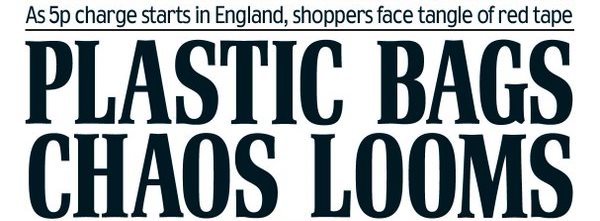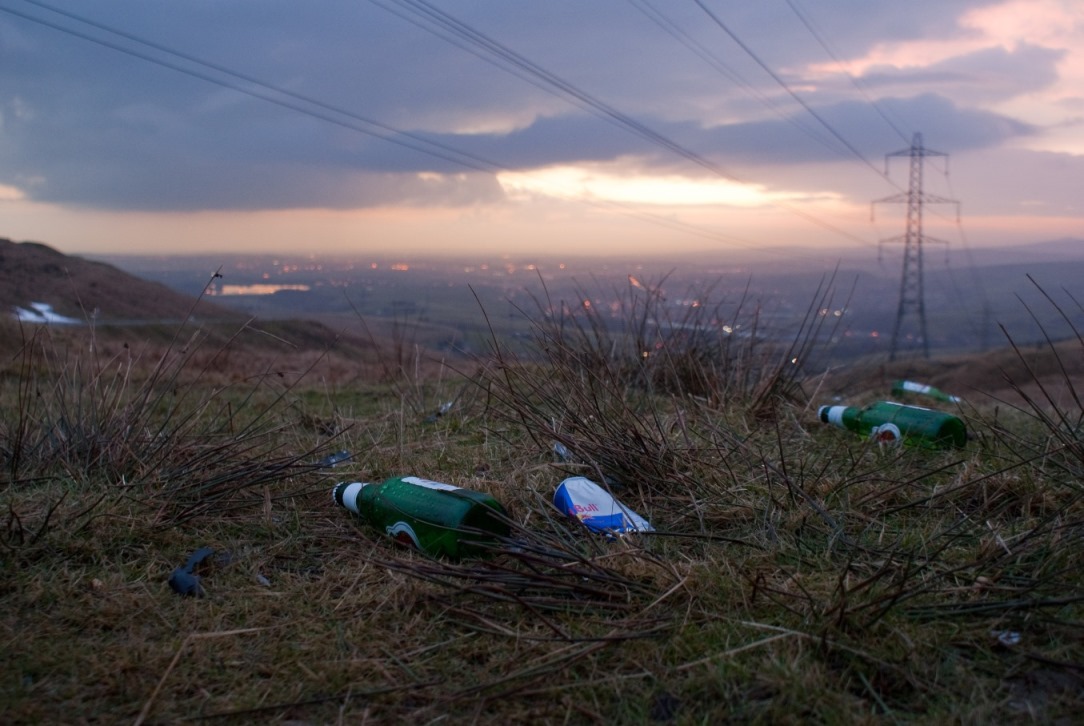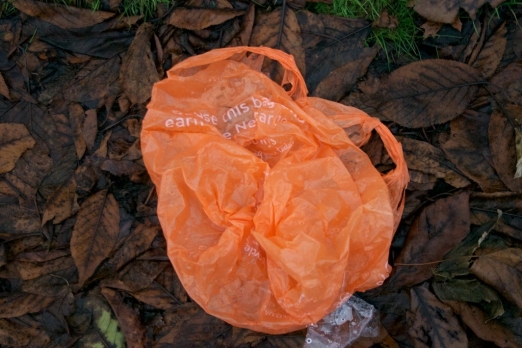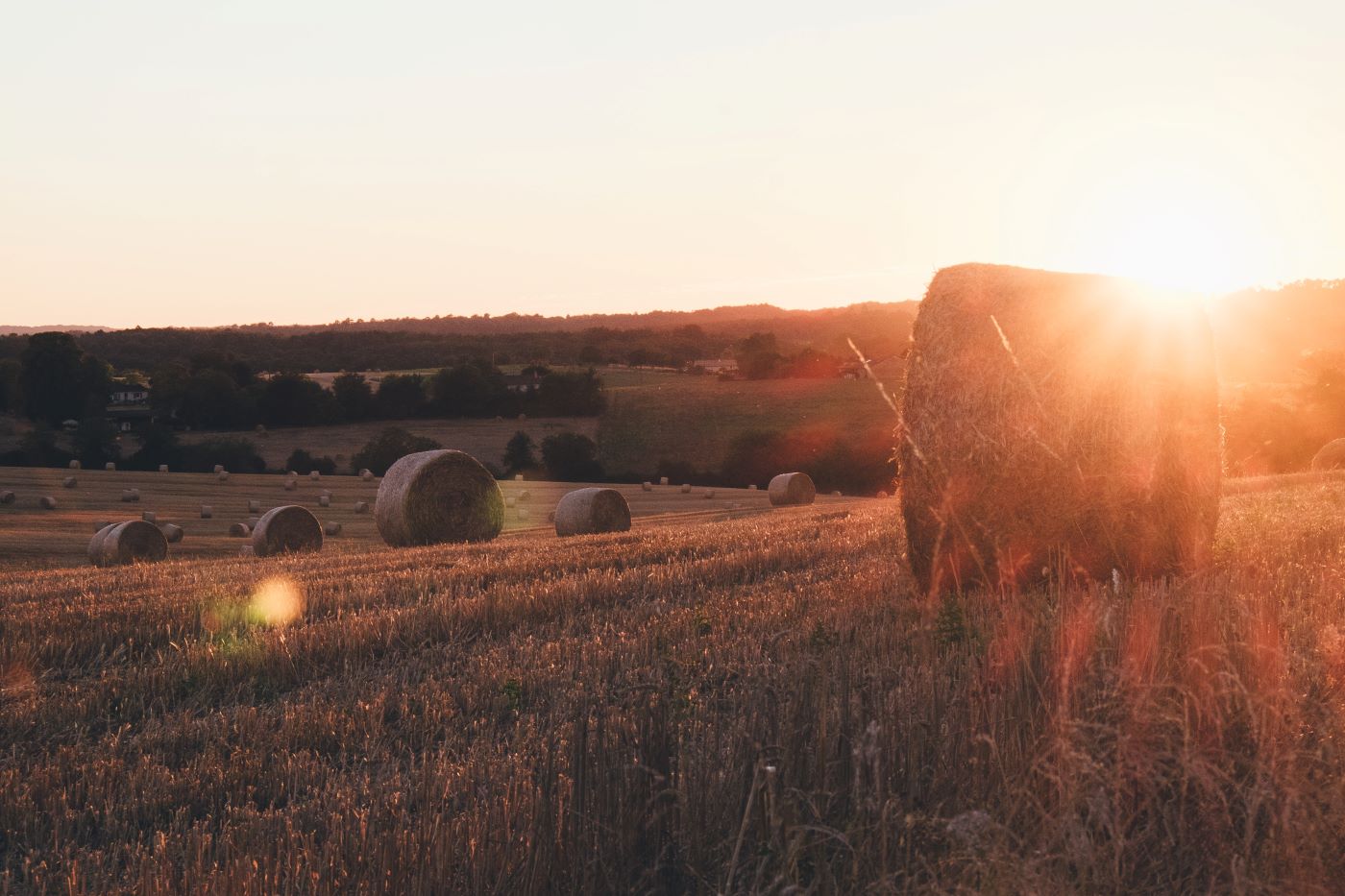 It was celebrations all round over the weekend as figures were released about just how much impact the 5p bag charge has had on reducing England’s usage of plastic bags. As part of the Break The Bag Habit (BTBH) coalition that campaigned for the legislative charge, we rejoiced in the whopping 85% drop in the number of carrier bags since it came into place – from 7 billion down to just 1 billion.
It was celebrations all round over the weekend as figures were released about just how much impact the 5p bag charge has had on reducing England’s usage of plastic bags. As part of the Break The Bag Habit (BTBH) coalition that campaigned for the legislative charge, we rejoiced in the whopping 85% drop in the number of carrier bags since it came into place – from 7 billion down to just 1 billion.
With environmental issues, it’s often assumed that we must convince people to care enough about a particular issue to make changes in their everyday life. However, the success of the bag charge shows that in some instances it just takes something simple, like a small tug on the purse strings, to bring about the most effective change in behaviour. Influencing hearts and minds is a challenging and costly process but economic changes can encourage this overnight, without people even having to think about it.
#Bagmageddon

The Government accepted it was a problem, introduced a new policy, and lo and behold the world didn’t end… What’s more, the very people that it affected (30million+ shoppers) barely seem to remember what life was like before the once dubbed ‘chaos’ of ‘bagmageddon’, with general (largely positive) acceptance of the charge being widely recognised. Yep, we all made it through and have come out standing (taller, even!).
So, what can we learn from this? If we know the right thing environmentally and there are no major consequences to implementing a change in policy, then it’s the right thing to do and we must seize it.
What next?
We can all give ourselves a cheery pat on the back for adapting so well to the plastic bag charge and creating such incredible results, but it doesn’t end there. An economic incentive, however small, is clearly a powerful tool and throws light over the possibility of using further such initiatives to tackle similar issues.
One of the biggest and most commonplace eyesores scattering the country are single-use drinks containers – glass, plastic and aluminium bottles and cans. We see them everywhere – roadsides, the countryside, parks, lakes and coastlines – and they pose a significant threat to wildlife, the environment and the beauty of the places around us. Though many of us recycle at home, 30-40% of drinks are consumed on the go and end up a far cry away from a recycling centre.
One way around this is to introduce a Deposit Return System where people pay for a small deposit when they buy a drink in these containers, but get their deposit back when they hand them back in. A CPRE report back in 2010, Have We Got The Bottle, produced a cost-benefit analysis indicating a UK wide scheme would in fact be economically viable and would move us closer to a closed loop system of consume-capture-recycle, alongside another positive change in behaviour.
It’s a small economic incentive for consumers, but as we’ve seen they can produce huge results. And, who knows, in a few years’ time this may be the norm and built into our daily/weekly routines, just like the plastic bag charge is now…




